What people read, hear or see about your brand is increasingly important for your hotel marketing, specially when comments are made by other travelers and users or your product or service.
Interested in this topic? Check out our webinar Best Practices To Manage Your Online Reputation
“Nowadays, only 14% of consumers trust traditional advertising while 92% will rely on review sites”
Nowhere is this more obvious than in the travel sphere, where TripAdvisor has been ruling over the past 17 years, not to mention social media like Facebook, Online Travel Agencies (OTA) such as Expedia, Hotels.com or Booking, other review sites such as Yelp or Gogobot, and of course that small search engine known as Google.
The State of ORM in 2017
The folks at Revinate first published their global hotel benchmark report back in 2014 which provided very useful insights on the state of online reputation management. They recently issued a newly revised edition, which shines a new light on things hotels are doing better, but also areas of improvement.
Here are a few highlights and suggested best practices for hoteliers who wish to master their online reputation management.
Focus on the TOP 4
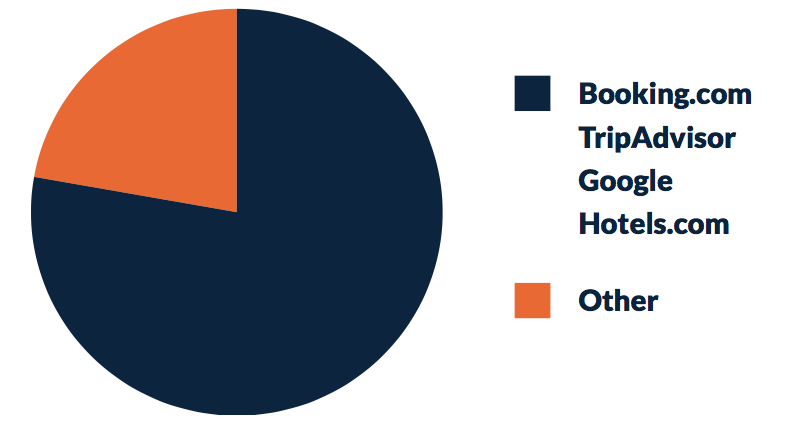
While there are many sites where travelers will leave comments and reviews, almost 80% of all reviews really boil down to these big four: Booking, TripAdvisor, Google and Hotels.com.
You still can’t find time to handle four sites? Focus on the two big players, Booking (39%) and TripAdvisor (25%) which represent 65% of all reviews!
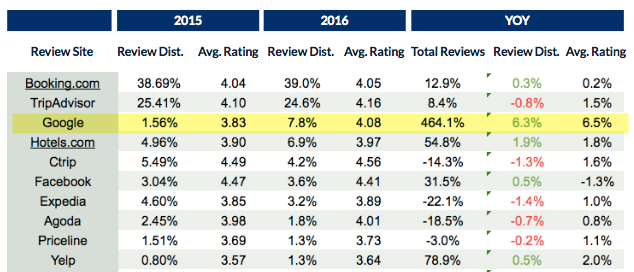
Notice how Google was in 8th position only a year ago and jumped into third in 2016. The lesson is clear here, folks: make sure you manage your Google My Business account and reviews posted on Google!
Should You Answer Every Comment?
The short answer is no, as I explained in a previous article: Should You Respond To Every Comment or Review. However, it’s worthwhile to reiterate that not all comments are negative. In fact, it’s quite the contrary.
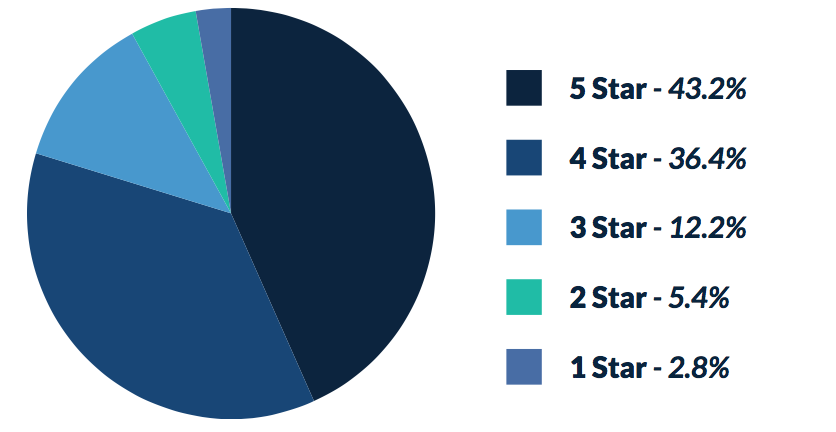
80% of travel reviews are either 4-star or 5-star, and less than 10% of all travel comments left on review sites are either 1-star or 2-star. So if hotels shouldn’t answer every comment and review, what should the optimal target be?
40%.
A Cornell University study demonstrated that once hotels, restaurants or attractions answer to more than 40% of all reviews, there is diminishing return on time and efforts. The problem, though, it that hotels haven’t reached that threshold yet.
In fact, it has decreased in the past two years!
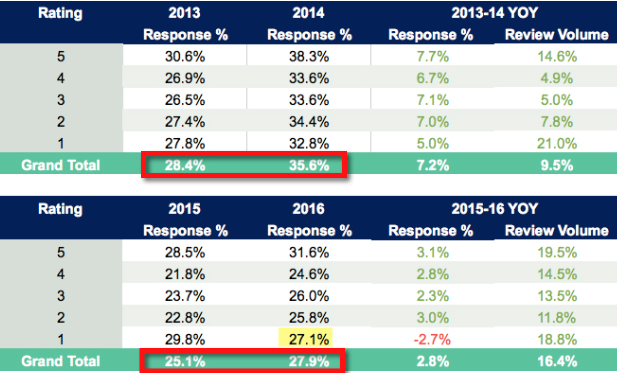
When looking at this chart, we clearly see that hoteliers are struggling to respond to the increasing amount of reviews left on various sites. After reaching a peak of almost 36% back in 2014, the response rate dropped to 25% in 2015 and slightly increased to 28% in 2016.
What’s even more alarming is the response rate to 1-star review, which fell to 27.1% in 2016, its lowest point in the past four years. So, should you answer every comment? No. But perhaps a bigger focus on 1-star and 2-star reviews is de rigueur for 2017 in order to see better online reputation results.
Take Regional Differences Into Account
Whenever I have given conferences or workshops about online reputation management, I would usually emphasize the fact that there are regional differences when it comes to review sites.
While I still believe this to be true to a certain extent, the most recent data shows that things are leveling up.

The biggest jump occured in 2015, and by 2016 we can see that almost every area was scoring near the global average of 4.2-star. Oceania and North America score the lowest, while Asia scores highest.
Of course, there are country differences and these are also outlined in the report. Still, average ratings increased across the board in 2016, except for one country: China.
Click here for more details and to download the complete Global Hotel Reputation Benchmark Report 2017
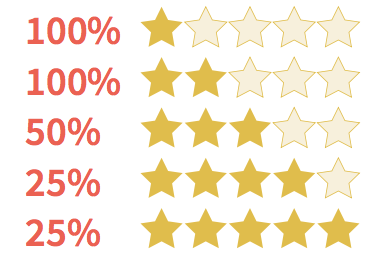


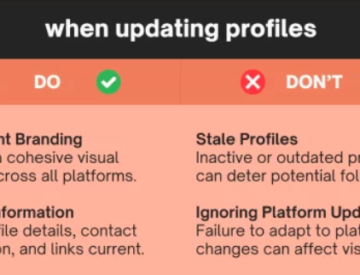






Leave a Reply